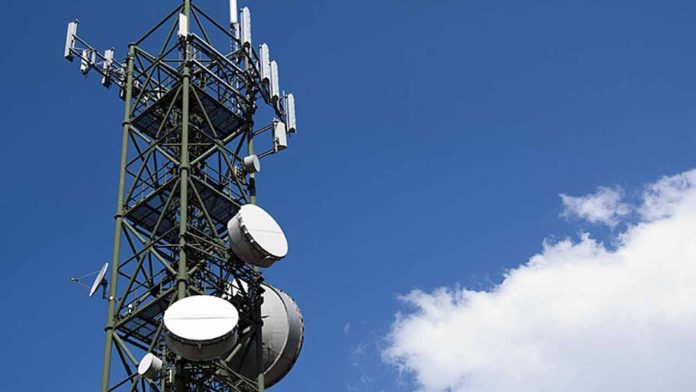Telecom industry stakeholders have urged a balanced approach to the recently approved tariff adjustment by the Nigerian Communications Commission (NCC), emphasizing the need to sustain operations while minimizing the financial burden on consumers.
Speaking on behalf of industry players, the Association of Licensed Telecommunications Operators of Nigeria (ALTON) and other key stakeholders acknowledged the economic realities necessitating the tariff review. They highlighted the mounting operational costs driven by inflation, foreign exchange instability, and rising energy prices, which have put immense pressure on service providers.
“The telecom sector is facing unprecedented financial strain, with the cost of network maintenance, equipment procurement, and power generation increasing exponentially. Without adjustments, operators will struggle to maintain service quality and expand network infrastructure,” a senior industry executive stated.
While recognizing consumer concerns, stakeholders assured that the approved 50 percent tariff hike represents a ceiling rather than a blanket increase. Market competition, they noted, would naturally regulate pricing, preventing arbitrary hikes.
However, industry leaders also called for transparency in implementing the NCC’s mandated service quality improvements. They urged the regulator to ensure that telecom companies adhere to infrastructure upgrade requirements to enhance network performance and customer experience.
“The industry remains committed to providing affordable services, but this must be done sustainably. The NCC’s directive on service quality is critical, and we fully support measures that enhance network efficiency,” a telecom operator representative added.
Beyond tariffs, stakeholders reiterated the need for government intervention to address key industry challenges. They appealed to the Federal Government to declare a state of emergency in the energy sector, citing the high cost of electricity and fuel as major factors driving up telecom expenses.
Additionally, they called for foreign exchange stabilization policies to ease the burden of importing telecom equipment, which is primarily sourced from international markets.
Following the NCC’s decision, the National Civil Society Council of Nigeria (NCSCN) announced the cancellation of its planned protest, acknowledging the economic pressures on both consumers and service providers.
Despite the adjustment, stakeholders reassured the public that telecom providers would remain committed to keeping tariffs as low as possible, ensuring that Nigeria maintains its position as one of the most affordable telecom markets globally.




